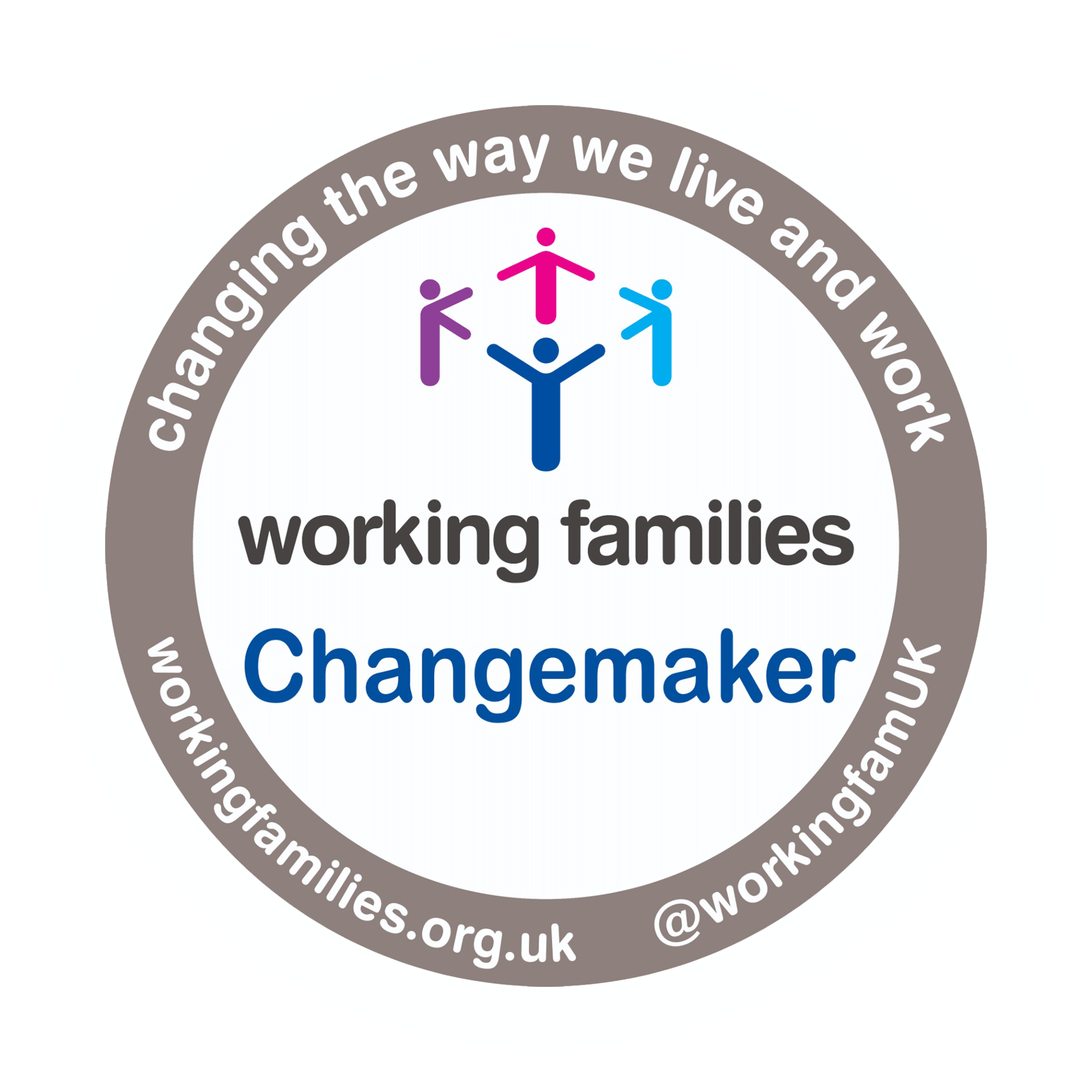As we continue living in the new normal, alongside Covid, it’s clear that the traditional 9-5 is now a distant memory. With employees and candidates alike only wanting a permanent flexible working arrangement, and to work with businesses that truly offer long-term flex, this leaves organisations with the challenge of finding a solution that works for all.
One flexible working solution that’s being explored by both large and small business is the four-day week, which, in theory, has the potential to be the ideal solution as it can improve employee wellbeing and engagement without impacting business productivity.
This sentiment is certainly gathering pace across the business community. So much so, that a group of Oxbridge academics, campaigners and think tanks have announced a four-day week pilot, which is being trialled by a range of businesses across the UK, including the medical arm of camera manufacturer, Canon.
Other high-profile organisations, including Atom Bank, Panasonic and Morrisons have also announced they are moving to a permanent four-day week model.
Looking at the business case for a four-day week, just how many people are truly productive on a Friday anyway? With the UK economy losing as much as £92 billion per year due to presenteeism, physical and mental health issues, it feels like a sound proposition.
Not only that, but according to LinkedIn, Monday to Wednesday are the most productive work days, while Thursday and Friday are the least. With those elements in mind, it seems more beneficial to work a four-day week, but is it really the perfect solution or does it have its drawbacks?
Benefits of the four-day week
Studies have shown that productivity decreases as the number of hours worked increases. This means a reduction in days worked has the potential to bring out the best in employees.
The four-day week also has the potential to create a more laser-focused business that hones in on priorities, which means eliminating unproductive meetings or time-wasting tasks.
From a business perspective, a four-day week can also:
- Improve the quality of work and output
- Increase employee engagement
- Reduce the risk of employee burnout and retention
- Improve health and wellbeing
- Be a more attractive business for potential candidates
The challenges of a four-day week
At first glance, the four-day week looks like the easiest flexible working option to roll-out but take note, it’s a model that doesn’t suit every business.
It’s also important to look at what actually makes up the four-day week. Yes, it is essentially working 32 hours instead of 40, but there is a risk of employees working more hours in three days, which could increase stress.
For example, if you’re a customer-facing organisation, it may be that you need your team to be available for fielding calls or enquiries. This would require careful thought around how it would work long-term and be fair for all.
Four-day week options
There are different variations to working the four-day week, which includes:
- Compressed hours: This is when employees work five days over four longer days. Atom Bank is currently trialling this way of working.
- Working a ‘true’ four-day week: Essentially, a part-time role, which would mean employees would work four days for 80% of a full-time salary.
- Working five days over four: As it says on the tin, remaining full-time but working over four days.
The solution to the flexible working dilemma?
There are many positives to rolling-out the four-day week across a business, but every organisation is different and why this is another strong option to add to the flexible working mix.
The great thing about the way we work today is that there are so many ways to flex. It’s no longer part-time or nothing, but it’s now hybrid, remote and flexible hours, which gives your business a wide-range of options that can work for your business and your employees.
One thing that we do know for sure is that people have no intention of returning to old ways of working. As highlighted by the four-day week trials, flexible working is a business imperative and to ignore is to miss out on the best candidates.
As experts across all areas of flexible working, we’re here to support your business as you make that transition to flex. Why not get in touch and learn more about how we can help.








